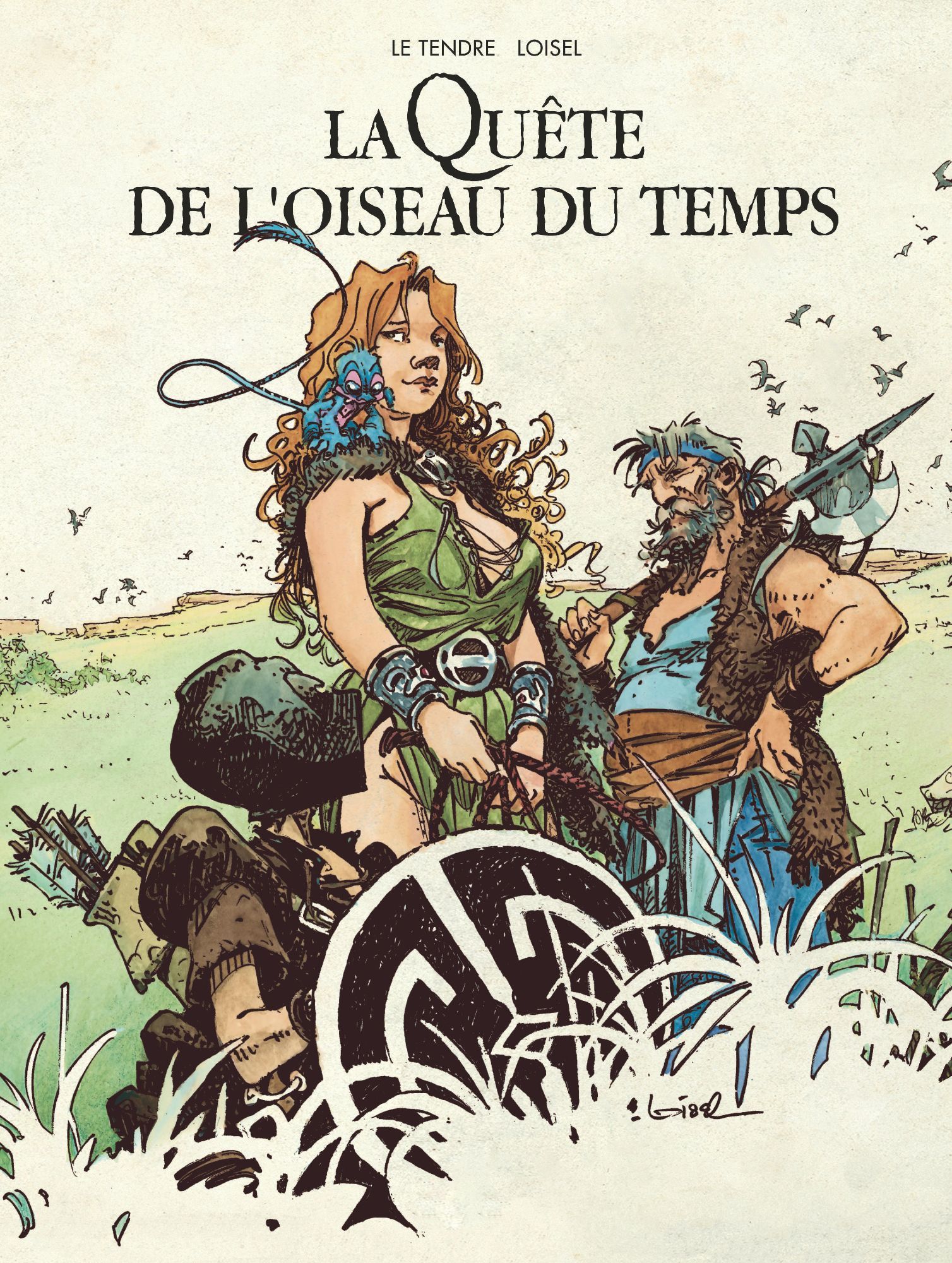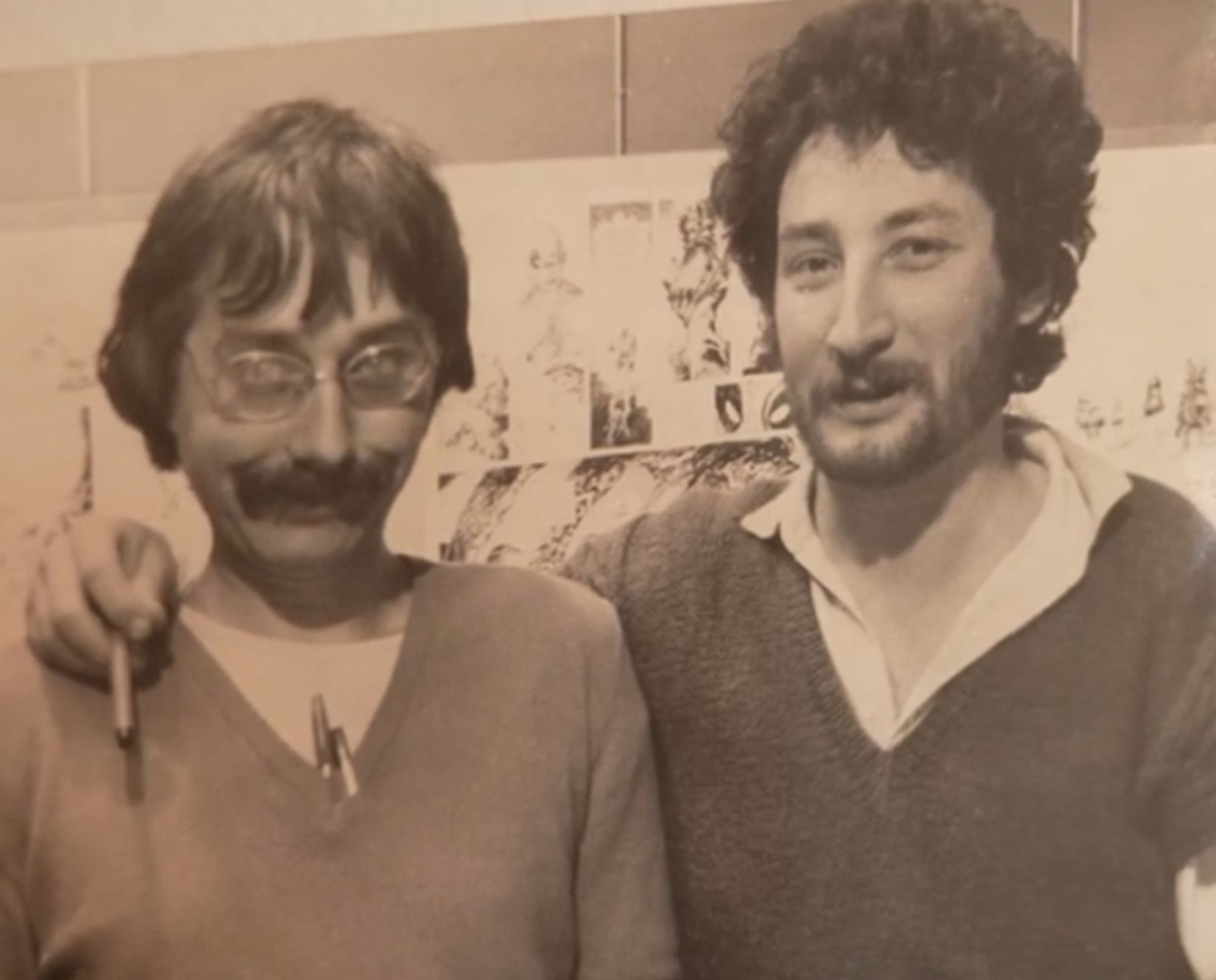my heroic defense of pet scrapers
Character development is slow. The PCs are gaining a couple of skill points per session, and that slows down even more as the skills get better. Heroic abilities are mostly in the GM's hands. So I don't have to worry about overpowered characters and can just use whatever monsters seem fun. It works.
⚔️UK GayDHD Warcraft Streamer! Darkmoon Faire and Heroic Dungeons! LETS GO!⚔️ www.twitch.tv/videos/22708...twitch.tv/pdpast29#worldofwarcraft#warcraft#thewarwithin#twitchafilliate#gamer#gaydhd
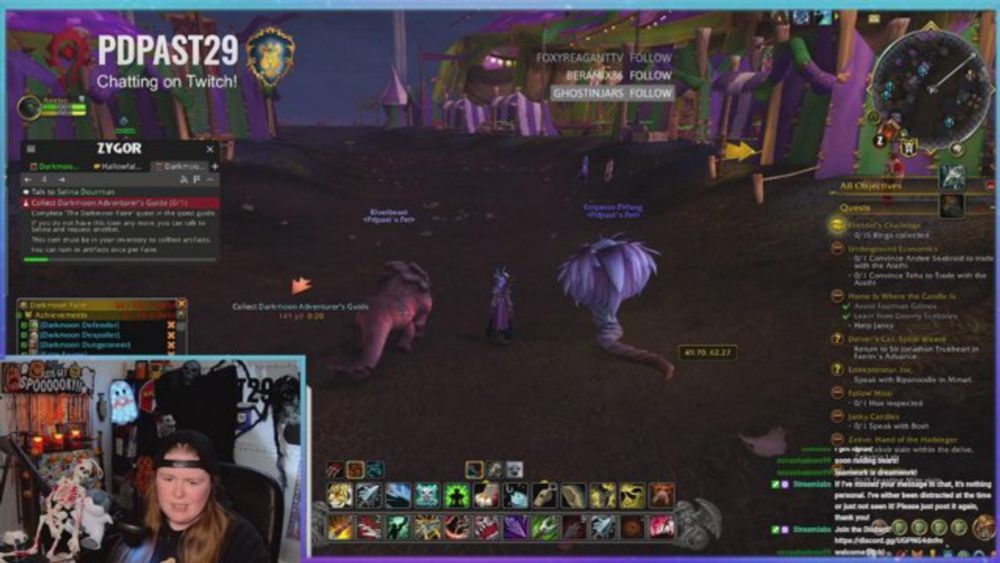
pdpast29 went live on Twitch. Catch up on their World of Warcraft VOD now.
Not fish, but product standards, and a heroic attempt by Labour at "both-sides-ism" which isn't going to survive long in serious negotiations, and runs the risk of leaving few people happy. To govern is to choose? www.standard.co.uk/news/politic...

“In a heroic move, Gisele Pelicot fought to make public the videos of her unconscious rapes at the hands of over 50 men and won. She wanted the public “to look rape straight in the eyes.” Shame, she said, must change sides —from the victims to the perpetrators.”
It does; the heroic abilities allow for quite a bit of customisation so, for example, we had two knights who ended up working quite differently in play. You'll never get the same level of fine grain development you get in some other systems but that's not what this is made for
A few snippets from a wonderful 2019 interview with M John Harrison. "I revisit [other elements internal to story], to entangle the reader—to draw the reader into the process of writing... but also to jolt her with a kind of nostalgia, a sense that the story is haunted by other versions of itself."

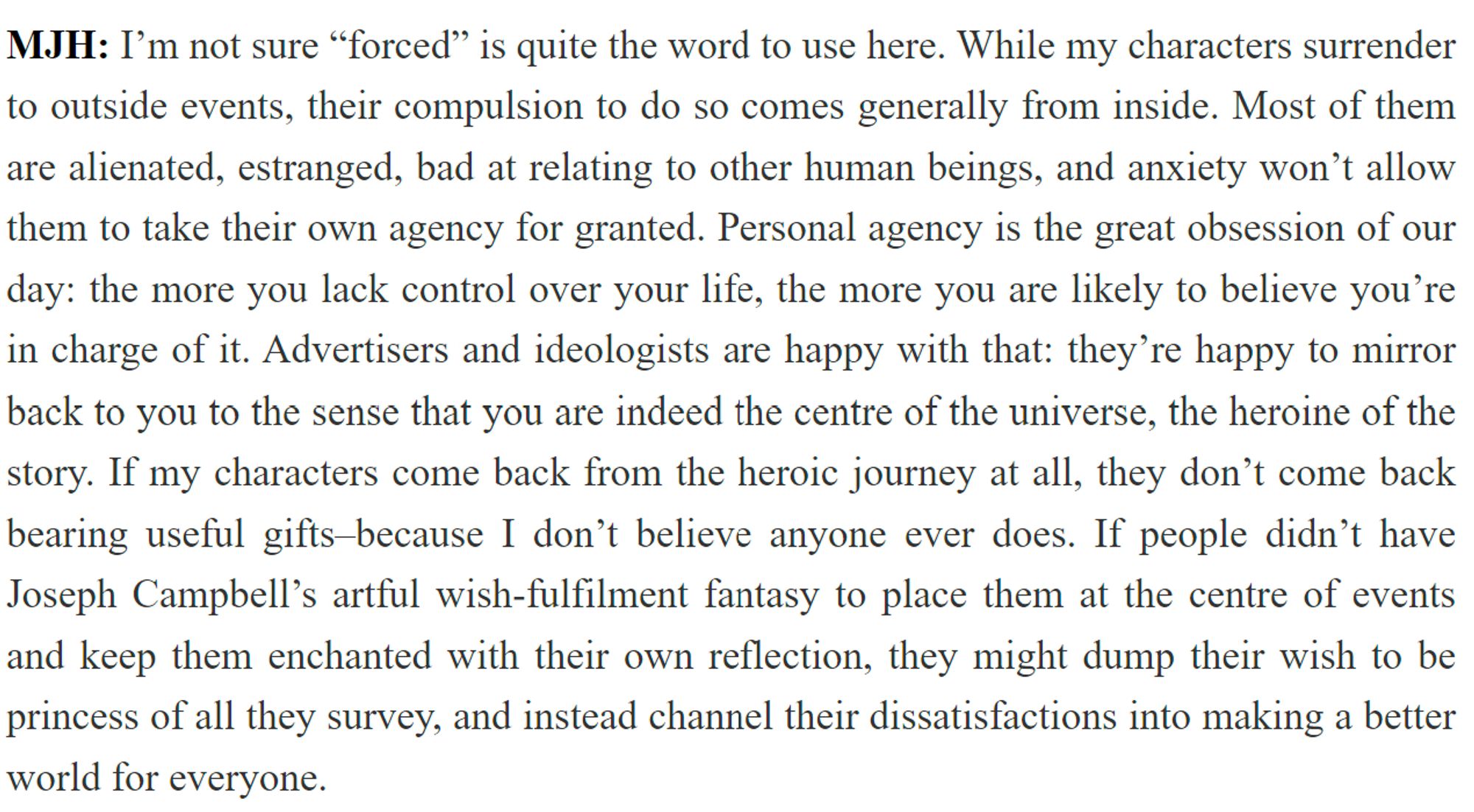
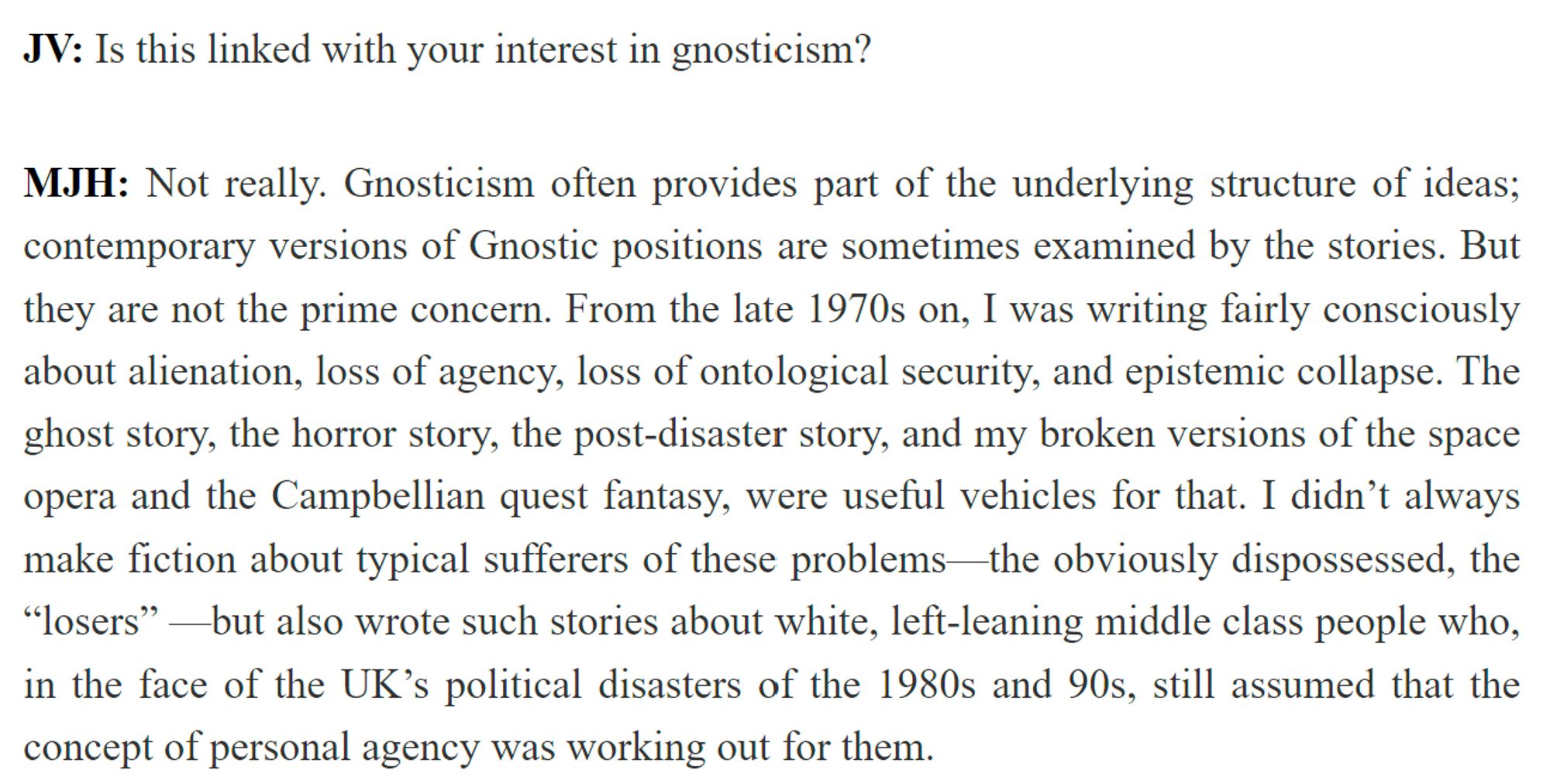
![JV: "... In ‘The Gift’, from Travel Arrangements, you mention the idea that every adventure is a half empty cup from which you can drink incessantly. Some of your stories seem to get tied together, as if they happened in the same mysterious world or shared some sort of continuity (but not in a “world-building” sense)... Why is this? Do you think of it as a writing method, or is it just the scratching of an itch that a story left in you?...
MJH: "I revisit paragraphs, sections and sometimes whole scenes, to entangle the reader—to draw the reader into the process of writing, which is in itself a process of doomed interpretive effort; but also to jolt her with a kind of nostalgia, a sense that the story is haunted by other versions of itself, or that a scene is haunted by an earlier (or later) scene. There’s an essay by Ryan Elliot, called “On Versioning in M John Harrison” [Critical Essays, Gylphi Contemporary Writers, 2019]. Sometimes these connections mean something in a classic narra](https://cdn.bsky.app/img/feed_fullsize/plain/did:plc:rwr4qlpo3yvnqyvr4hrtmzkd/bafkreiamv6pvuhometpsu3ogeyifjq7mxdg6ikhv7cp66e2pvjwxedrigy@jpeg)
awesome heroic dingo coming to save the day
#31ChallengeBDMC#Jour9 Ton duo préféré d'auteurs dans le genre heroic-fantasy Régis Loisel & Serge Letendre ont rendu ses lettres de noblesse à un genre exsangue en seulement 4 albums d'une inventivité et d'une beauté folle avec leur série culte: La Quête de l'Oiseau du Temps😍
